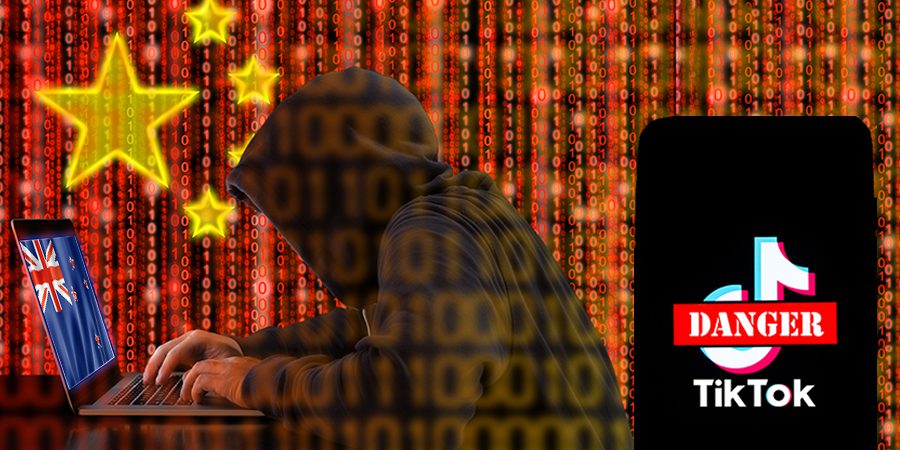Subscribe
"Unlock exclusive insights and elevate your financial wisdom with NetWorth.com — subscribe now to stay ahead in the wealth game!"

In this article, we’ll look at the reasons behind the banning of the TikTok app on New Zealand MPs’ phones and the global implications of such actions.
Key Takeaways:
The New Zealand Parliamentary Service has effectively prohibited the use of the TikTok app on MPs’ phones, citing unacceptable security risks.
The decision follows similar actions taken by other countries, including the UK.
Recently, the UK announced a ban on TikTok for government phones with immediate effect, joining other Western countries concerned about the app’s security.
In response, New Zealand’s Parliamentary Service has made a similar move.
An email leaked to Newstalk ZB from Parliamentary Service Chief Executive Rafael Gonzalez-Montero revealed the decision to ban TikTok in New Zealand.
The app, owned by Beijing-based ByteDance, has faced increasing scrutiny worldwide due to concerns that the Chinese government could access user data, jeopardizing Western security interests.
With the Parliamentary Service Commission’s approval, TikTok will be blocked on all Parliamentary Service-managed devices starting March 31.
However, users can still access the app through a web browser. Personal phones with Parliament applications must also uninstall TikTok.
Gonzalez-Montero confirmed the decision, stating that it was based on advice from cyber security experts.
He added that arrangements could be made for those who needed the app for their democratic duties.
Several organizations have previously warned against using TikTok on government devices, including the Defence Force, which ordered staff to remove the app from their phones in November last year.
Prime Minister Chris Hipkins clarified that there was no “blanket approach” to such issues across the public sector, as departments and agencies took their own advice from the Government Communications Security Bureau (GCSB) regarding IT and cyber security policies.
Te Pāti Māori, a frequent TikTok user, opposed the ban and plans to continue using the app on a separate phone.
Co-leader Debbie Ngarewa-Packer highlighted the importance of TikTok as a communication platform, particularly for younger audiences.
Ngarewa-Packer agreed that security concerns needed to be considered, but argued that non-Chinese-owned platforms should be treated similarly.
New Zealand joins a growing list of countries that have banned TikTok on official devices due to cyber security concerns.
The app’s potential for user data access by the Chinese government has raised alarms globally, leading to increased restrictions on its use.